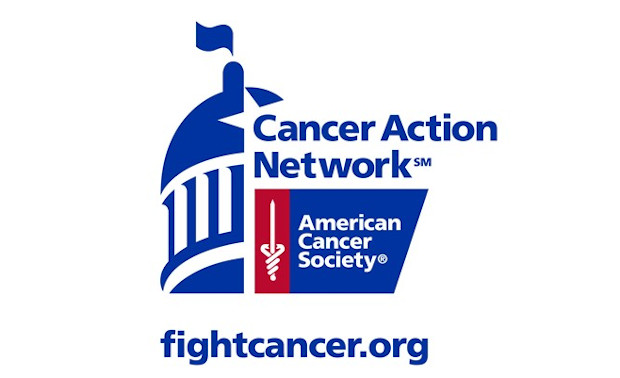In December, Congress voted on a Fiscal Year (FY) 2021 funding deal that in a tough budget environment included a $1.25 billion increase for the National Institutes of Health (NIH) from 2020, including a nearly $1.2 million increase for the National Cancer Institute (NCI). The COVID pandemic stalled clinical trials that need robust and sustained funding to restart and advance their potentially lifesaving work, so prioritizing robust and sustained increases again in the next Congress will be more critical than ever.
Prevention

Congress also prioritized efforts to make cancer prevention more affordable. By passing the Removing Barriers to Colorectal Cancer Screening Act, unexpected out-of-pocket costs Medicare beneficiaries can face after a colonoscopy if a polyp is found and removed will be phased out. Individuals on private health plans enjoy full coverage of colorectal cancer screenings as a result of the Affordable Care Act, but a loophole in Medicare allows seniors to wake up to an unexpected bill amounting to hundreds of dollars. ACS CAN staff and volunteers advocated tirelessly for this legislation for the last decade and helped to secure overwhelming bipartisan support in both the U.S. House of Representatives and the U.S. Senate.
The Centers for Disease Control and Prevention (CDC) budget includes a $5.8 million increase for cancer control programs. There is an additional $7.5 million for the Office on Smoking and Health (OSH). The bill also requires in-person age verification when online purchases of e-cigarette and vaping products are delivered in an effort to address the youth e-cigarette epidemic
Access to Care
Additionally, as part of the year-end package Congress passed the No Surprises Act to prohibit surprise medical billing, a significant step in the right direction to reduce surprise out-of-pocket costs for patients. These costs can often result in forced changes to treatment due to inability to pay and, thus, poorer health outcomes.
The bill requires Medicaid to cover routine health care costs associated with clinical trials with the inclusion of the Clinical Treatment Act. Every cancer patient who wants to participate in a trial should be able to do so without incurring unjust costs regardless of what kind of insurance they have. This change will provide Medicaid patients greater access to clinical trials. The bill also requires state Medicaid programs to cover non-emergency medical transportation to ensure that beneficiaries who lack access to regular transportation are able to travel to their medical appointments.
Nonprofit Relief
Finally, the bill has numerous coronavirus-related relief provisions, including extending a provision to allow charitable donations of up to $600 for a couple and $300 for an individual to be deducted from 2021 taxes under the universal charitable deduction. The deductions will encourage those who can donate to do so during a time when charities which have long served communities have seen increased demand, but received fewer contributions amidst the pandemic-driven economic downturn.
*Shared from MySocietySource.

No comments:
Post a Comment